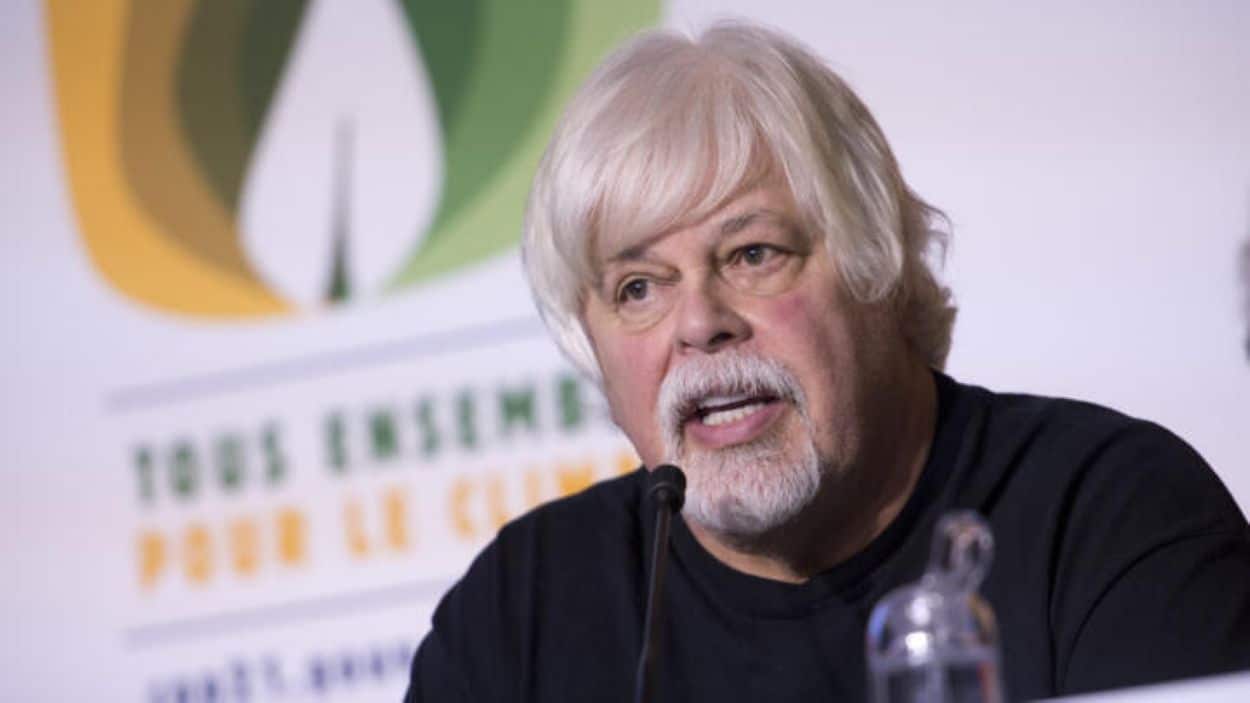Japan expressed disappointment on Wednesday after Denmark refused to extradite Paul Watson, the founder of Sea Shepherd, an organization known for its aggressive tactics against whaling.
Watson was arrested in Greenland, a Danish autonomous territory, for alleged damages and injuries linked to high-seas confrontations with Japanese whalers during the 2000s and 2010s.
Watson’s arrest stemmed from incidents where Sea Shepherd activists reportedly injured members of Japanese whaling crews and damaged their equipment. Following these events, Japanese authorities issued an international arrest warrant for Watson in February 2010. Despite the charges, Copenhagen denied Tokyo’s request for extradition, leading to Watson’s release.
Japan’s Official Reaction
“The suspect Paul Watson is wanted internationally as an accomplice in incidents dating back to February 2010,” stated Yoshimasa Hayashi, Japan’s top government spokesman. “Regrettably, the Danish government did not accept Japan’s request for extradition, and we have conveyed our disappointment to the Danish side,” he added during a regular press briefing.
Paul Watson is free. pic.twitter.com/iMSX5gGlsm
— Captain Paul Watson Foundation 🐋🏴☠️ (@CaptPaulWatson) December 17, 2024The situation highlights a complex web of international law, environmental activism, and diplomatic relations. Watson, known for his direct-action tactics, has significantly impacted the debate over Japan’s whaling activities, which the country insists are for scientific purposes. Despite international scrutiny and legal challenges, Japan has continued whaling within its territorial waters and exclusive economic zone since 2019, with new species added to its catch list.
Watson’s arrest and subsequent release drew considerable public attention, garnering support from over 200,000 petition signatories, including high-profile figures like Brigitte Bardot and Jane Goodall. This support underscores the global concern over whaling practices and the treatment of environmental activists.
🚨🇬🇱 FLASH | Le défenseur des baleines Paul Watson a été LIBÉRÉ de prison. (AFP) pic.twitter.com/QTj7hZ7NyZ
— Cerfia (@CerfiaFR) December 17, 2024Watson’s legal team, including attorney Jean Tamalet, emphasized their efforts would continue. “The fight is not over,” Tamalet said, indicating plans to challenge the red notice and Japanese arrest warrant to ensure Watson can travel internationally without the threat of re-arrest.
Japan’s Whaling Future and International Relations
The case also casts a spotlight on Japan’s future in whaling, with allegations from activists that Japan intends to resume whaling in the Southern Ocean. These claims have been denied by the operators of Japan’s new whaling vessel, yet they remain a point of contention in environmental circles.
Read: Japan’s Atomic Bomb Survivors Hibakusha Receive Nobel Peace Prize
The refusal by Denmark to extradite Paul Watson has significant implications for international law enforcement and environmental advocacy. As both sides of the whaling debate continue to clash, the international community remains closely tuned to the developments of this high-profile case.






